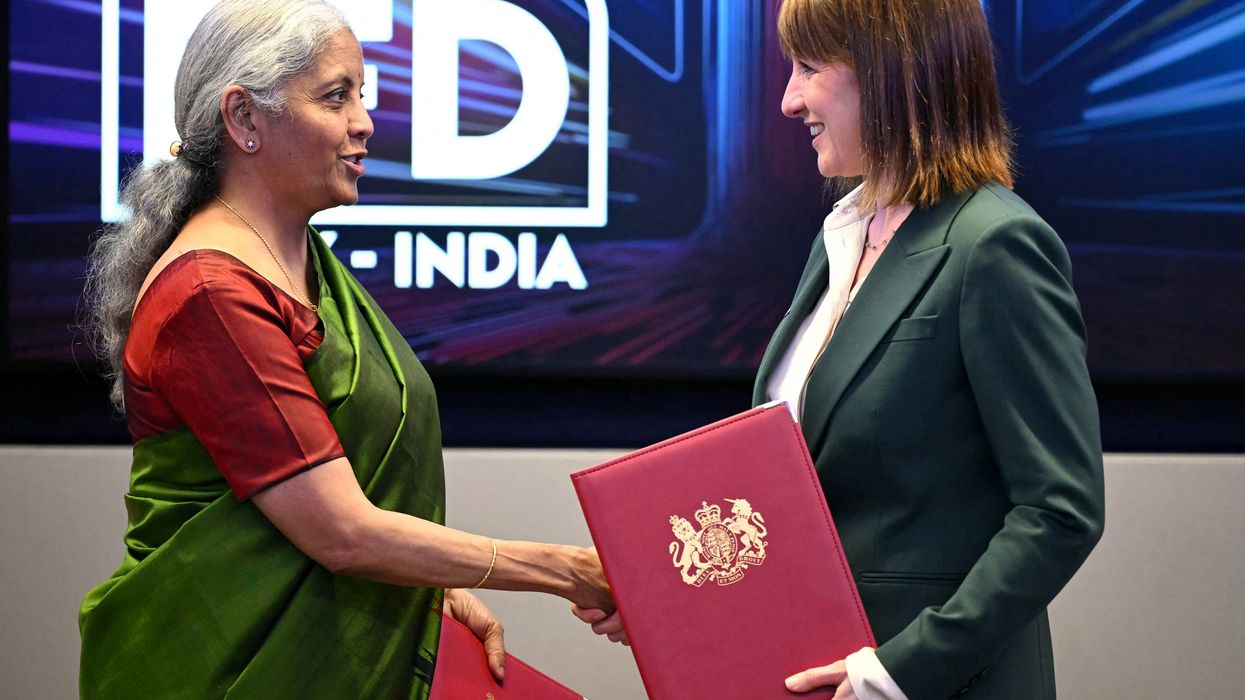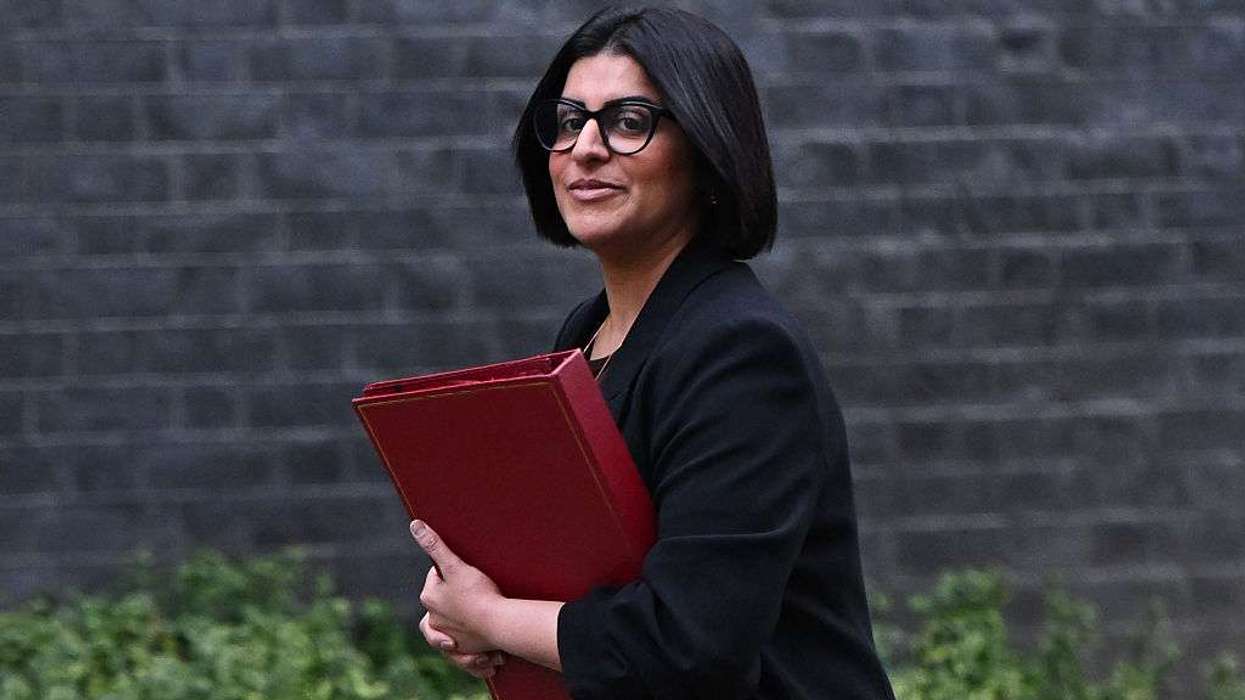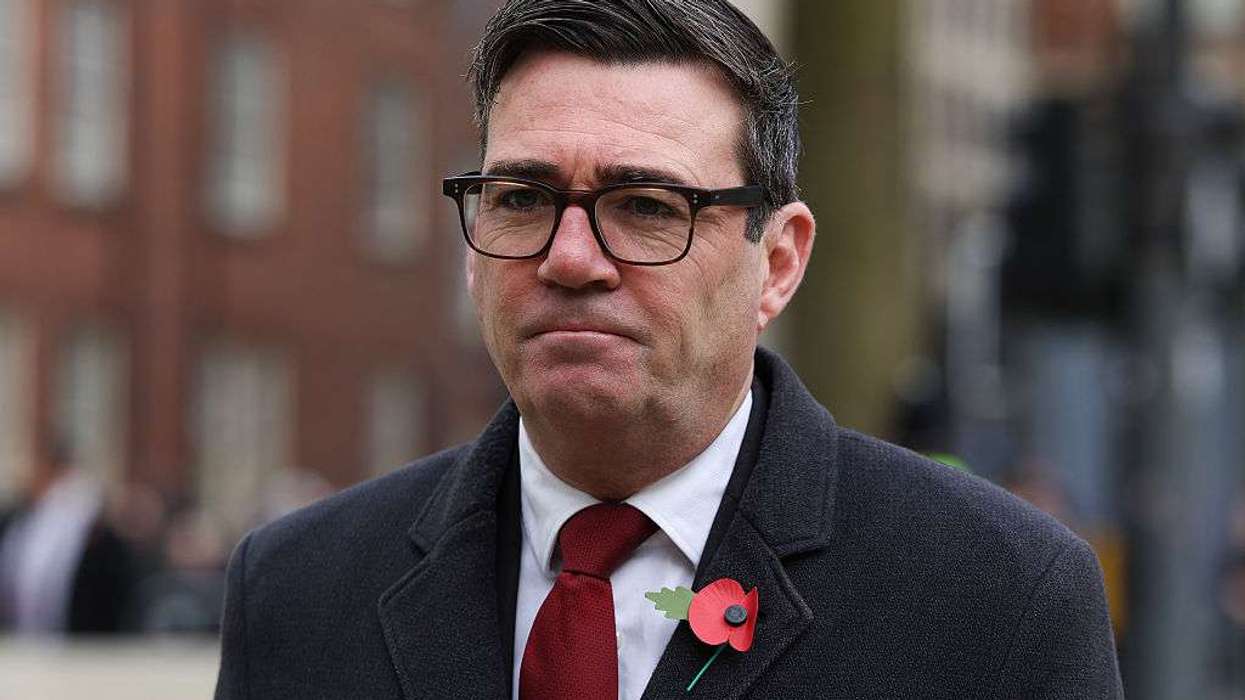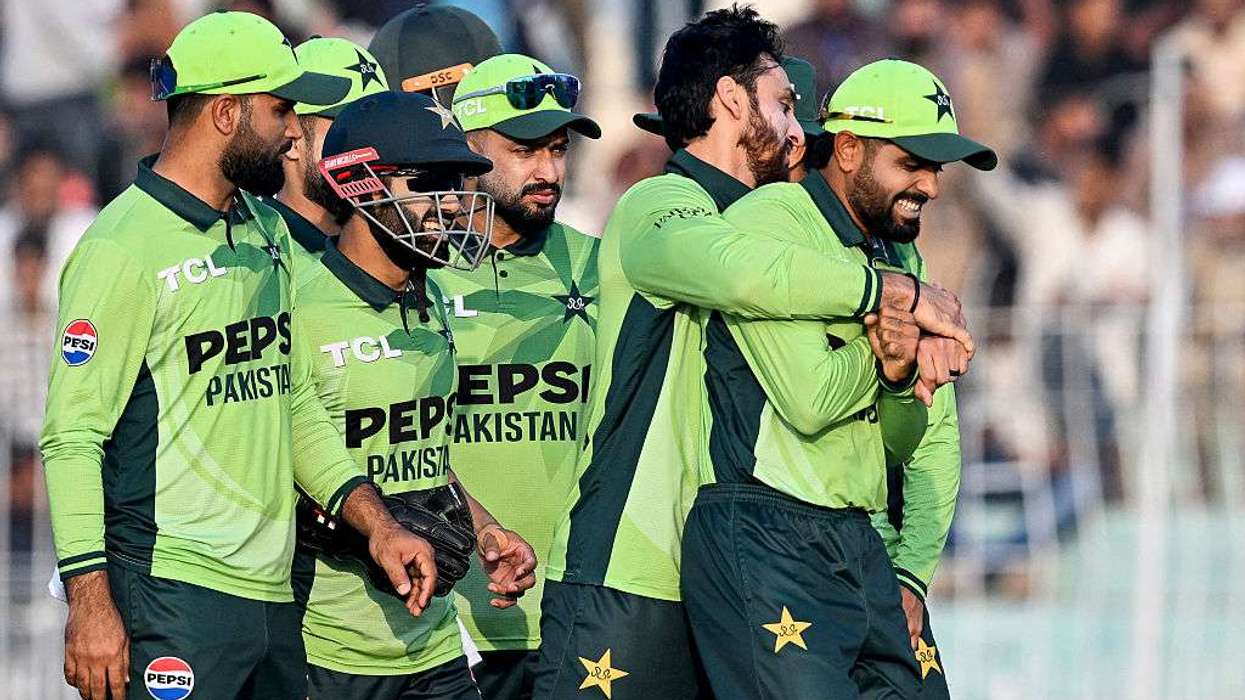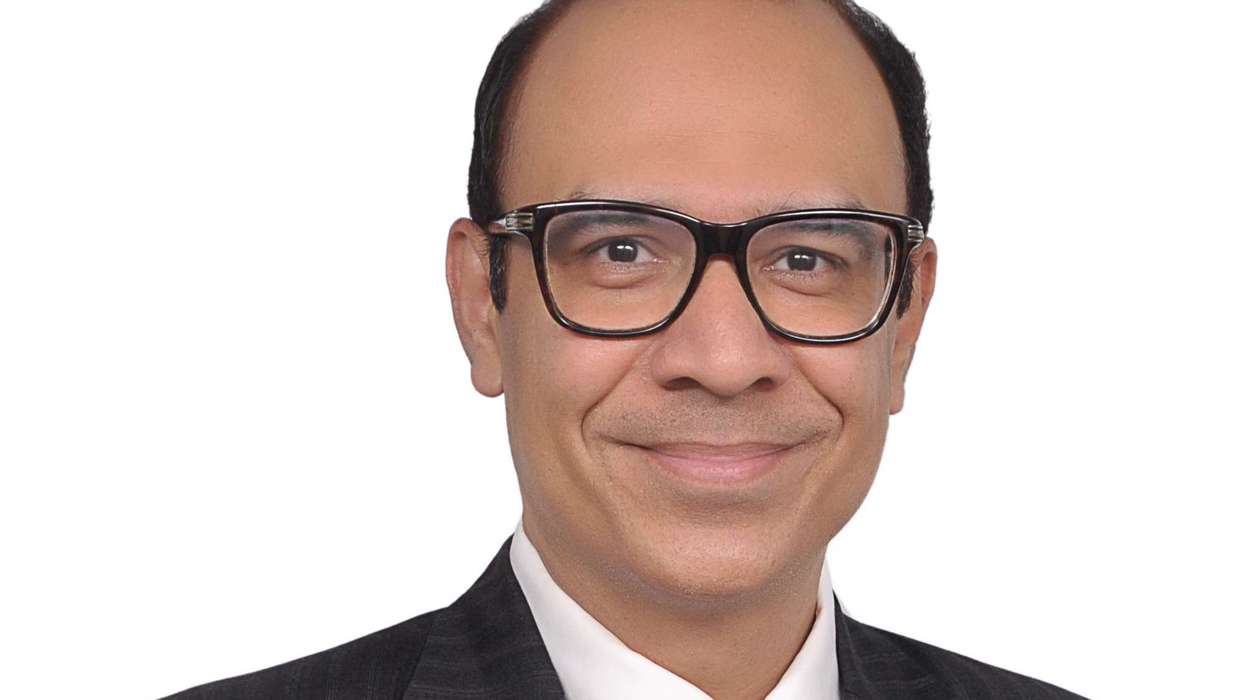INDIAN finance minister Nirmala Sitharaman met British prime minister Keir Starmer and chancellor Rachel Reeves in London on Wednesday (9), as part of ongoing discussions to strengthen the economic relationship between the two countries.
A key focus of the talks was the progress of the India-UK Free Trade Agreement (FTA) negotiations, which have been underway for over two years. The meeting took place ahead of the 13th UK-India Economic and Financial Dialogue (EFD).
Sitharaman highlighted areas of mutual interest, including closer financial cooperation, enhanced educational exchanges, and the recognition of professions between the two nations. "We will also explore collaborations in science and technology, where the UK holds significant expertise, and India seeks further cooperation," she noted.
The Economic and Financial Dialogue serves as a crucial platform for discussions on various financial matters, including investment, financial services, taxation, and combating illicit financial flows.
For India, key priorities for the dialogue include fostering collaboration in sectors such as the International Financial Services Centre (IFSC) at GIFT City, fintech, and mobilising affordable climate finance. The UK, on the other hand, has stressed the importance of creating jobs and boosting trade opportunities as part of the government's broader "Plan for Change."
Reeves, in a pre-dialogue statement, stressed that the UK was keen to secure a new trade deal with India to stimulate growth and job creation. “We will cover topics related to growth, global issues, and how we can unlock potential across various sectors, including defence, to create new jobs, investment, and trade opportunities,” she said.
The India-UK FTA is expected to play a pivotal role in further enhancing the bilateral trading relationship, which is valued at approximately £41 billion. Negotiations have faced delays, including a pause during the general election cycles in both countries. However, with renewed momentum, the deal is now seen as a significant step towards strengthening the economic ties between the two countries.
Sitharaman, in a separate interaction on India's growth prospects, expressed optimism about the progress of the FTA. She welcomed the UK's enthusiasm for the deal and indicated that both sides were eager to conclude the negotiations.
"We have had extensive discussions, and now it’s time to finalise the deal. I am hopeful we will see a conclusion sooner rather than later,” she said.
The UK has been actively seeking to bolster trade relations with countries around the world since its exit from the European Union. With ongoing uncertainty in global trade due to factors like US tariffs, the UK has prioritised securing new trade deals to support British businesses. India, as the world’s fifth-largest economy, is seen as a key partner in this effort.
India has also pushed for greater access to the UK labour market, particularly for work and study visas, as part of the FTA negotiations. In return, it has been seeking a reduction in tariffs on British goods, including whisky, which has been a contentious issue in previous rounds of talks.
Both sides are hopeful that the FTA will open up new opportunities in sectors such as investment, insurance, and digital technology. Additionally, India has shown interest in further collaborations in areas like defence and advanced manufacturing, which could benefit from the growing economic ties between the two nations.
In recent years, the UK has successfully concluded agreements with countries such as Australia, New Zealand, and Singapore.
(Agencies)
